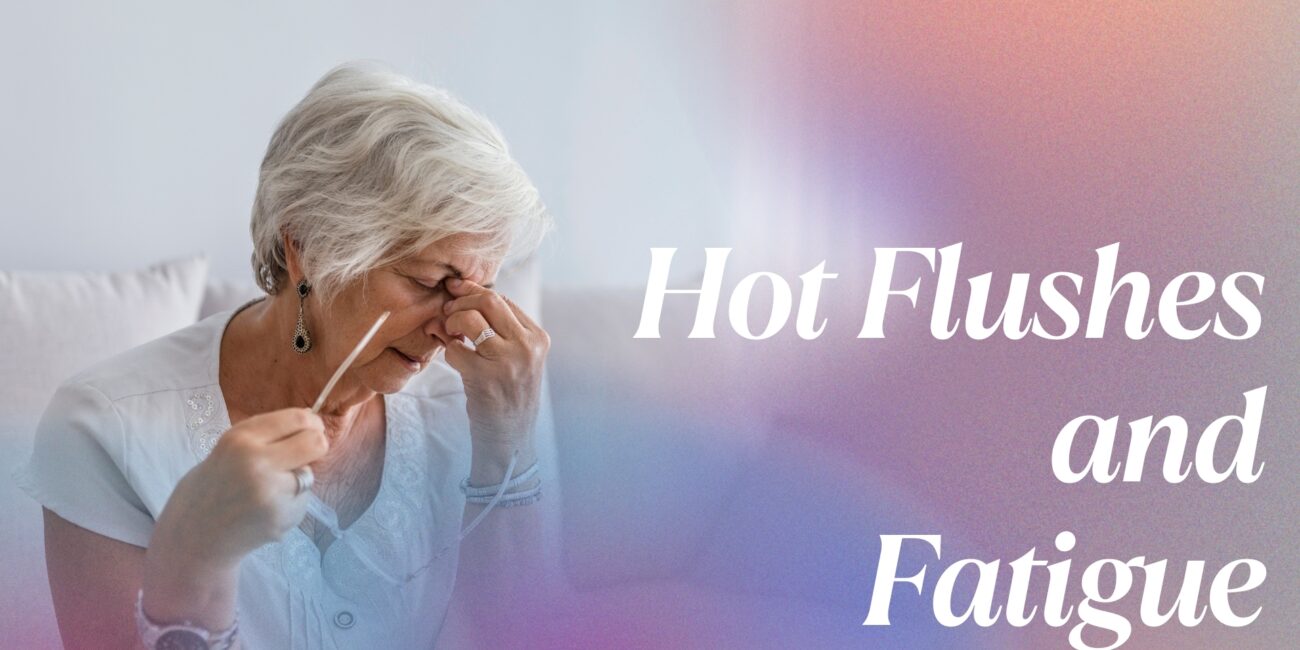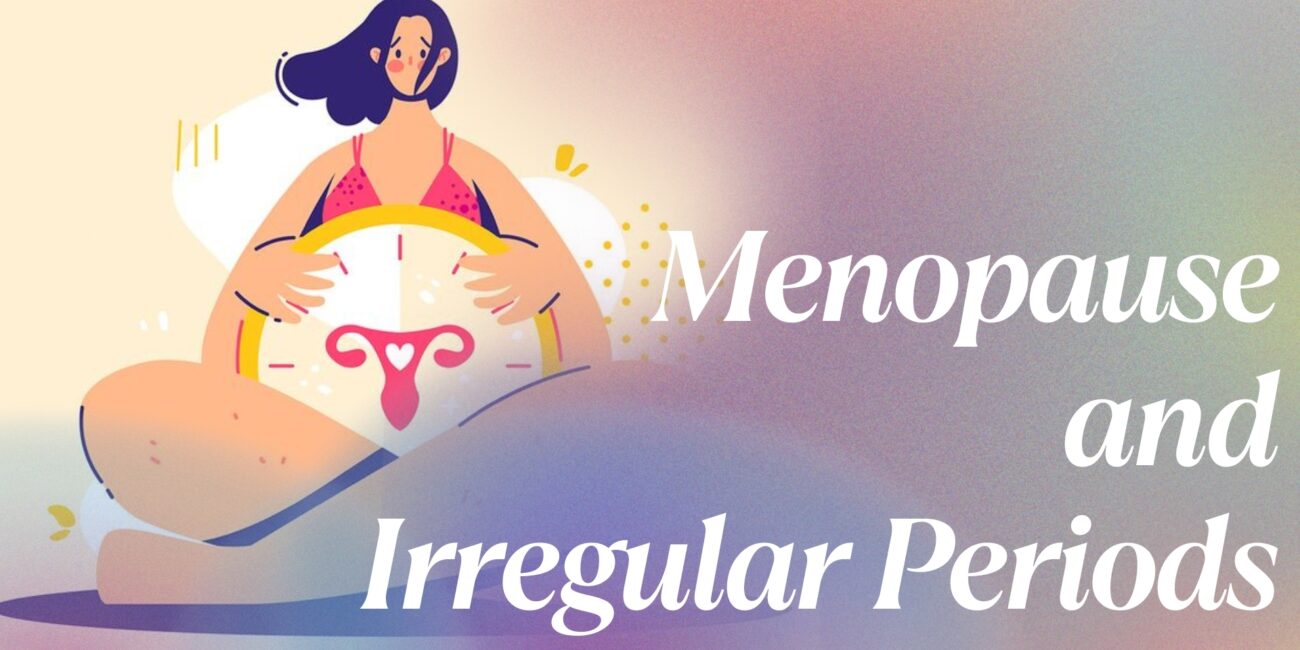Introduction: Menopause is a significant milestone in a woman’s life, marking the end of her reproductive years. This natural biological process typically occurs in women between the ages of 45 and 55, although it can vary widely from person to person. While menopause brings about several physical and emotional changes, it’s essential to recognize it as a normal phase of life rather than a medical condition.
What is Menopause? Menopause is defined as the cessation of menstruation for 12 consecutive months. It marks the end of a woman’s ability to conceive naturally. The process leading up to menopause is known as perimenopause, during which hormone levels fluctuate, leading to irregular menstrual cycles and various symptoms.
Symptoms of Menopause: Menopause is accompanied by a range of symptoms, both physical and emotional, which can vary in intensity from woman to woman. Common symptoms include:
- Hot flashes: Sudden feelings of intense heat, often accompanied by sweating and flushing of the skin.
- Night sweats: Similar to hot flashes, but occurring during sleep, which can disrupt sleep patterns.
- Vaginal dryness: Reduced lubrication in the vaginal area, leading to discomfort or pain during intercourse.
- Mood swings: Fluctuations in mood, including irritability, anxiety, or depression.
- Sleep disturbances: Difficulty falling asleep or staying asleep, leading to fatigue and daytime drowsiness.
- Changes in libido: Decreased interest in sex or changes in sexual desire.
- Changes in urinary habits: Increased frequency of urination or urinary incontinence.
Managing Menopausal Symptoms: While menopause is a natural phase of life, its symptoms can be challenging to manage for some women. However, various strategies can help alleviate discomfort and improve quality of life during this transition:
- Hormone replacement therapy (HRT): HRT involves taking estrogen and sometimes progestin to replace hormones that decline during menopause. It can help relieve hot flashes, vaginal dryness, and other symptoms but may carry certain risks and side effects.
- Lifestyle modifications: Adopting a healthy lifestyle can help mitigate symptoms. This includes regular exercise, a balanced diet rich in fruits, vegetables, and whole grains, adequate hydration, and stress management techniques such as yoga or meditation.
- Alternative therapies: Some women find relief from menopausal symptoms through alternative therapies such as acupuncture, herbal supplements (e.g., black cohosh), or mind-body practices like tai chi.
- Medications: Certain medications, such as selective serotonin reuptake inhibitors (SSRIs) or gabapentin, may be prescribed to manage mood swings, hot flashes, or other symptoms.
- Vaginal moisturizers and lubricants: Over-the-counter products can help alleviate vaginal dryness and discomfort during intercourse.
- Regular health screenings: Women going through menopause should continue to undergo regular health screenings, including mammograms, Pap smears, and bone density tests, to monitor for any potential health concerns associated with aging.
Embracing Menopause: While menopause can be challenging, it’s also a time of transition and potential growth. Many women find that they gain a newfound sense of freedom and empowerment as they no longer have to worry about pregnancy or menstrual cycles. It’s essential to approach menopause with a positive attitude and seek support from friends, family, or healthcare providers if needed.
In conclusion, menopause is a natural and inevitable phase of a woman’s life, characterized by the cessation of menstruation and various physical and emotional changes. While it can be challenging to navigate, with the right support and strategies, women can embrace this transition and continue to lead fulfilling and healthy lives.




 No products in the cart.
No products in the cart.